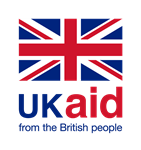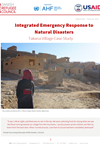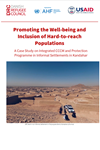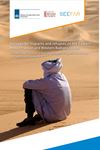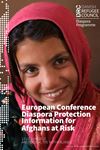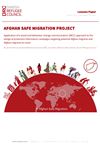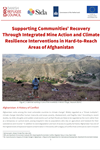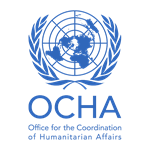
Afghanistan
DRC began working in Afghanistan in the 1990s with Humanitarian Mine Action and expanded its scope and reach of programming in 2011 to provide multi-sector and holistic packages of assistance. Activities are currently implemented in four regions of the country. These focus on the most vulnerable populations and their needs, including people who are at risk of being affected by conflict, natural hazards and disastera, as well as internally displaced persons (IDPs), host communities, and returnees.
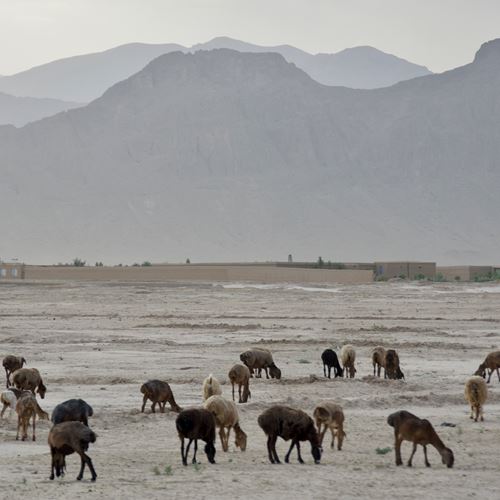
Displacement trends
Source: | DRC Foresight
Displacement Trends
Definitions
EDPs: Refugees under UNHCR’s mandate
IDPs: Internally displaced persons
Asylum seekers: People whose claims for refugee status have not yet been determined
Stateless: People not considered as nationals by any State
HST: People living in Host Communities
OIP: Others in need of International Protection
OOC: Others of Concern
Forecast
DRC forecasts are based on a machine learning tool that has been developed to predict forced displacement (IDPs, refugees and asylum seekers) at the national level 1-3 years into the future.
Why we are there
The overall goal of DRC Afghanistan’s multi-sector response is to promote favorable conditions for shock- and displacement-affected communities to seek safety, claim their basic rights, and pursue self-reliance.
Due to the uncertainty of the current context, DRC maintains the capacity to respond to sudden and large-scale emergencies such as floods and earthquakes, while also promoting the transition to recovery programming.
What we do
DRC responds to what remains a protracted humanitarian crisis through a multi-pronged approach. This means that DRC aims at addressing the critical needs of extremely vulnerable and shock-affected populations while also providing medium- to longer-term solutions that focus on root causes of the crisis. To do so, DRC in Afghanistan works across all five core sectors:
Working in collaboration with


Ole Kirk’s Fond

Danish Ministry of Foreign Affairs

Directorate-General for European Civil Protection and Humanitarian Aid Operations
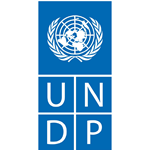
United Nations Development Programme

Hoffmanns & Husmans Fond

Augustinus Fonden

United States Agency for International Development

The Swedish International Development Cooperation Agency

Ministry of Foreign Affairs Netherlands
